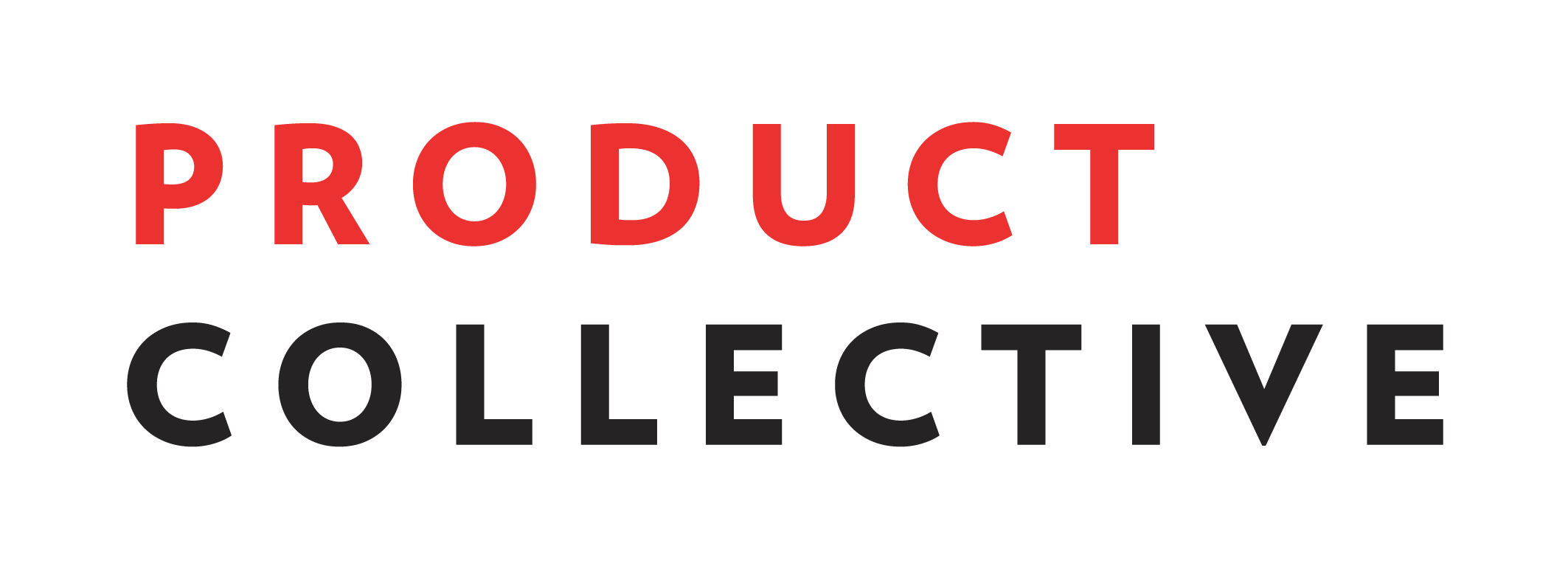In recent years we have seen the exponential rise of Product Management, and with it, as more companies aim to bring their business models and ways of working up-to-date, the rise of Product Management consulting.
What is Product Management consulting?
Product management consulting can mean many things – everything from product development coaching and helping companies to become more product-led through to new product consulting where new product consultants work with companies to help them discover and deliver fresh products and services for their businesses. Product strategy is another area where product consultants can also offer their expertise.
The main difference between being a Product Manager and a Product Consultant (in any of the forms that I’ve mentioned!) is that you will transition from being someone who “does the doing” to someone who guides and advises others on how to achieve the goals they’re aiming for.
What do Product Management Consultants do?
Let’s take a look at each area of Product Management consulting in more detail:
Product Coaches
Product coaching can broadly be defined in 2 key areas:
1) 1:1 product coaching with Product Managers – this sort of work involves working closely one-on-one with Product Managers with the goal of helping them to improve their skills and capabilities as PMs. Product Coaches would initially assess the Product Manager’s current abilities, likely with the help of a competency framework and scoring system, to understand where they stand today.
They might also speak with key stakeholders and the line manager to understand their current views on the PM’s skill set. Product coaches will also work with the PM to understand their goals and what they’d like to achieve from the sessions.
This kind of product coaching typically lasts 12 weeks with an hourly weekly check-in to cover progress towards goals and actions.
2) Ways of working product coaching – there’s quite a lot to unpack here – typically a Product Coach focussed on ways of working will be supporting a senior product leader or leaders in the business (Director or Head of Product, Chief Product Officer, or sometimes even the CEO) to help shift the business to more product-led set-up.Many companies still operate within the confines of project management and need the help of a Product Coach (or maybe multiple Product Coaches!) along their journey of digital transformation to help define how to make the necessary changes towards product management and setting Product Managers up for success.
This kind of work can be focussed on 3 areas – product strategy, product operations, and learning & development and can cover everything from consulting on product team structure, product vision, hiring processes, career and competency frameworks, setting up OKRs, and continuous discovery practices through to helping to improve organization-wide collaboration between disciplines.
New Product Consulting
These product consultants are primarily focused on helping companies to discover and deliver entirely new products and services that don’t exist within the business yet. They might help both existing larger organizations who have challenges around agile innovation or start-up businesses looking to validate their ideas.
They might start with a problem or opportunity that a client has identified within their business or help to shape and validate an existing idea for product-market fit. In order to do this, New Product Consultants or consulting firms would offer support on user research, competitor analysis, prototyping concepts to test with users, and product design, deliverables, among other things.
Product Strategy Consulting
Another area of product consultancy solely focuses on helping companies to set their product vision and strategy for the organization.
Their work often focuses on defining the value proposition for their clients and understanding the key needs and jobs to be done of their customers. They are highly specialized in supporting companies to set the direction of their business and defining how organizations can continue to add value over time.
Why switch from Product Manager to Product Consultant?
There are many benefits to making the switch from Product Manager to Product Consultant.
Maybe you’ve reached a point in your career as a Product Manager where your next option is to become a Group Product Manager, Head of or Director of Product but you feel that’s not quite the right fit for you. Or perhaps you’re looking for more freedom, flexibility, and variety in your work.
Working with multiple companies can help build up your domain knowledge and expertise in different areas. You can meet a wide variety of people which can help to extend your network over time.
If you’re interested in building your profile as a leader within the product world or being seen as a subject matter expert, product consultancy is also a great way to do this.
You can also benefit from the satisfaction of helping others to succeed in their work, which can be very fulfilling.
If you’re not already sold, the pay can be excellent as there is high demand for this kind of support within organizations and being your own boss has plenty of perks!
How much does a Product Consultant make?
This can really vary depending on the kind of work and your location. In the UK a Product Consultant day rate can range from £800 to £1000+ per day ($1100 to $1400+ if you’re in the US, although rates may vary).
4 steps to switch from a Product Manager to a Product Consultant
Step 1: Build up your network
An important part of making the switch to product consulting is building up your network of contacts and potential clients. As a Product Manager, you might already have a strong existing network (but you can always have more connections!).
LinkedIn is a great tool for building up your network – look to connect with recruiters, other Product Consultants or Product Coaches, and influential senior product leaders. Your network will be key for client referrals and finding future work.
Step 2: Make a plan
This might sound boring when you just want to get on with starting your product consulting career but it’s always wise to consider these questions before getting started:
- Your financial situation – if you are about to leave a salaried Product Manager role, do you have enough savings to fall back if you have periods without work? Consider how you will support yourself and any others in your family.
- New business acquisition – do you have a plan in place for how you will find clients on an ongoing basis? How will you pitch to these clients and assess their needs? How will you price your proposition?
- Client-facing experience – working with clients is quite a different experience from working full-time within an organization. If you don’t have any existing experience working with clients and you want to see if you’re suited to this kind of work, it’s a good idea to try and get some exposure to client-facing business first. Use your network to find Product Consultants to shadow or offer some free product consultancy to test your proposition.
Step 3: Set up your business
It’s likely that you will need to register a new business before you can take on any clients – whether that’s a Limited Company or similar, depending on your location. It may also be a legal requirement to hire an Accountant and you will also need to register to pay business tax (and possibly other taxes), depending on your region.
As part of setting up your business, you may want to consider your online presence – having a website is a great way to showcase your proposition and (later) case studies. Social media platforms are also powerful tools for getting your message out to the world, as are speaking opportunities and writing about your experiences.
Step 4: Find your first client
Your biggest and arguably most important task will be finding your first client. You may be able to acquire your initial business via an existing connection or referral or, if this is proving challenging, you can also find product consultancy work via a third-party recruiter that specializes in this area. It’s up to you whether you make the break from your Product Manager role before or after achieving this step!
Key takeaways about providing Product Management consulting services
There are many things to consider when switching from Product Manager to Product Consultant. Everything from how to build your network to finding your first client can be an adventure, but the benefits can really make it worthwhile. Remember to make your plan! There is plenty of opportunity for this to be a positive experience – best of luck if you make the switch.


